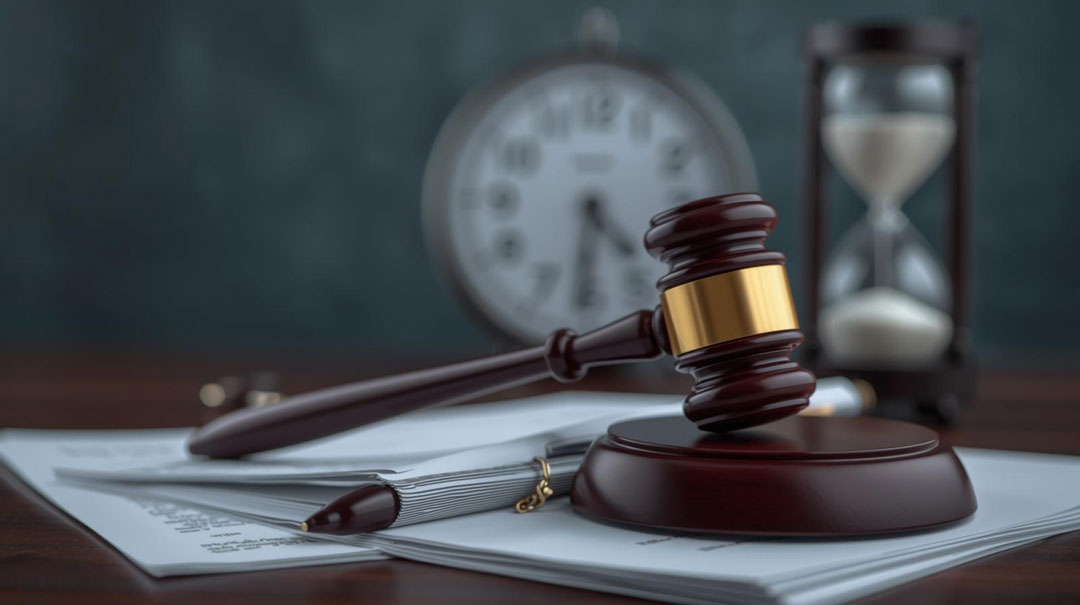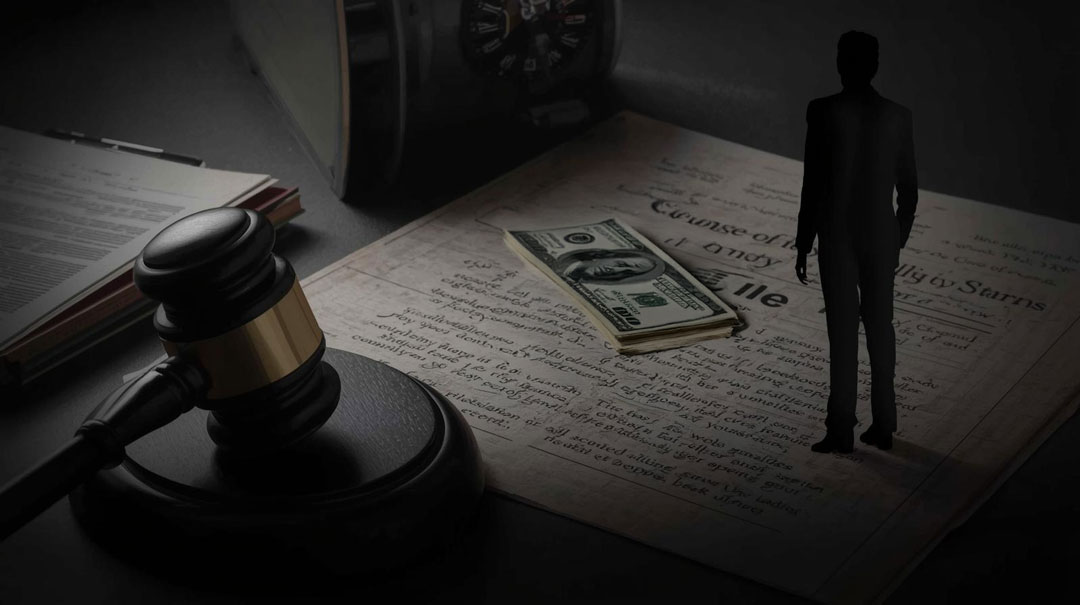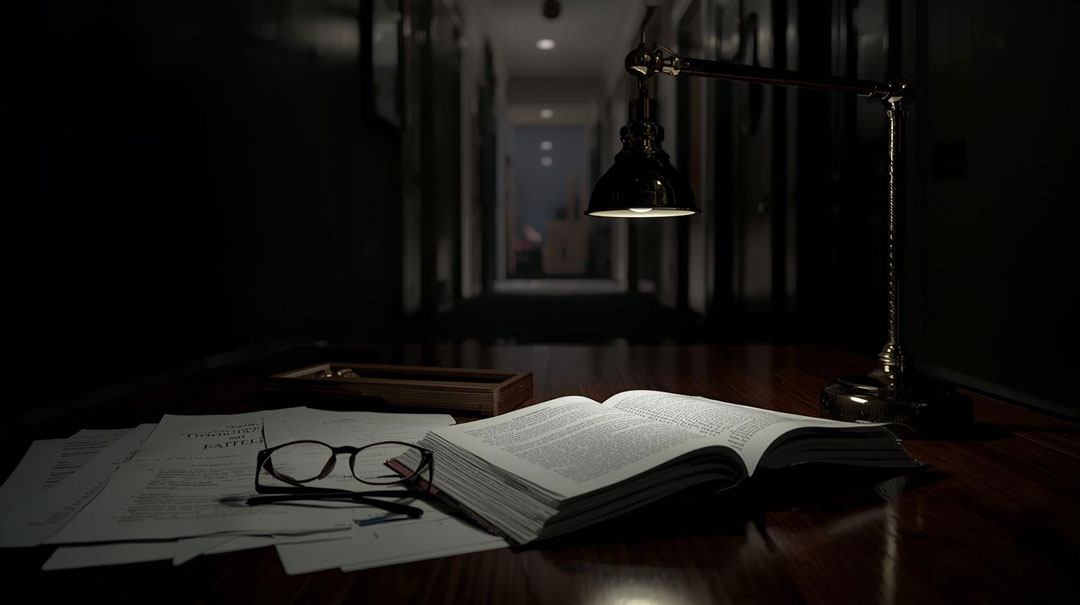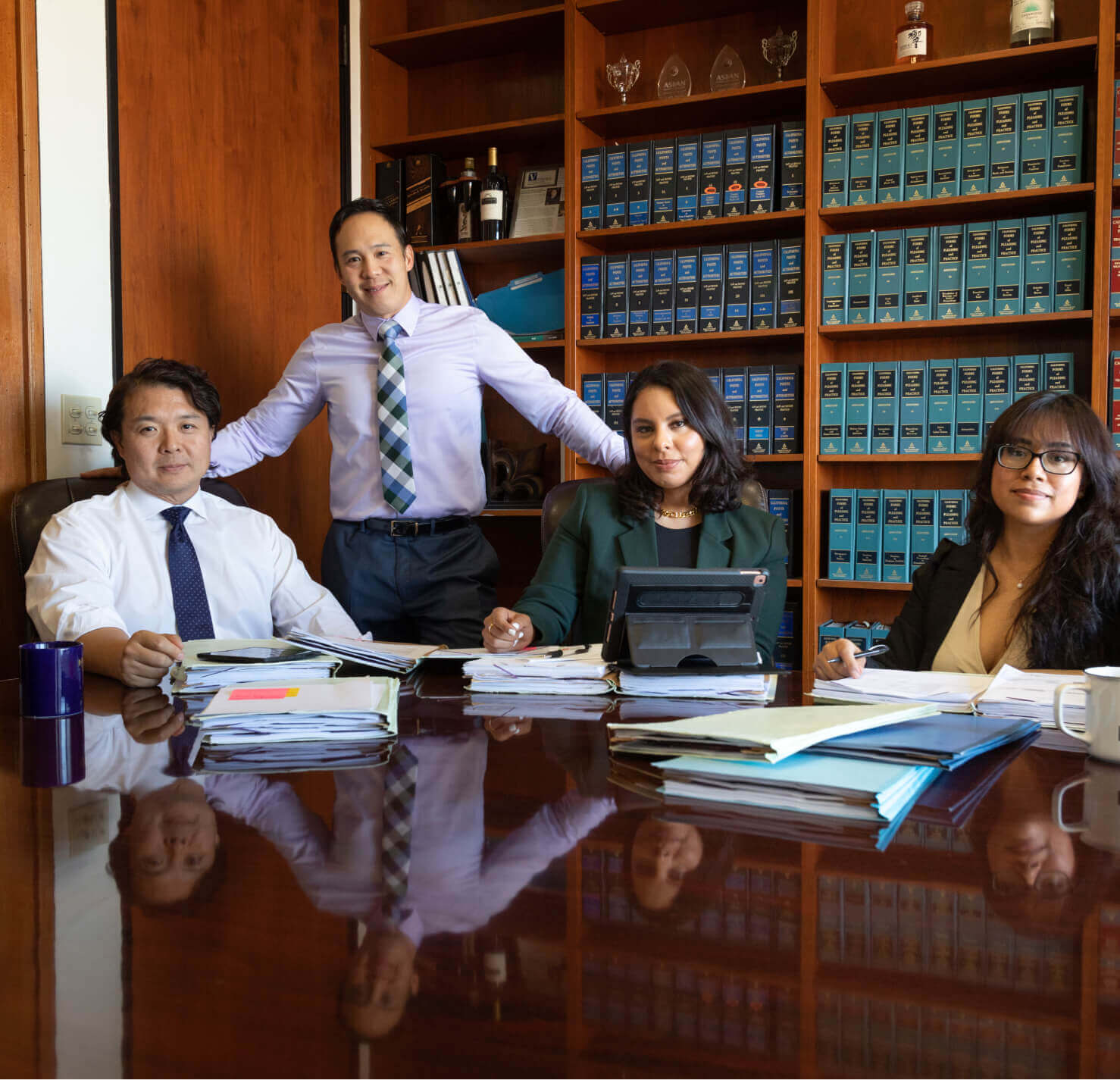
If you have filed a wrongful death lawsuit following the loss of a loved one, you will likely have to participate in depositions during the pre-trial process. Being deposed can be stressful and emotional when recounting traumatic events. You may wonder what happens after your wrongful death deposition and how it impacts your case.
After completing a deposition, there are several next steps that typically occur as your lawsuit progresses toward trial or settlement. Knowing the step-by-step process can help you. A Los Angeles wrongful death lawyer can help you along the way.
Transcript and Video Are Prepared
Following your deposition, the court reporter will prepare a complete written transcript of the proceeding. This includes every question asked and your responses given under oath. The transcript will be certified by the court reporter.
If video recording was used, the video files will also be processed and prepared. Transcripts and videos can be used as evidence during your case. Your attorney will review them closely and add them to your case where they see fit best.
The official transcript is critically important for both parties. It is meant to analyze testimony and prepare for trial. The transcript becomes part of the legal record and may be used during motions or presented in court.
We will work tirelessly to help you recover the compensation you need to move forward with your life

Your Attorney Assesses Your Testimony
One of the most important steps after your deposition is your own lawyer analyzing your testimony. They will review the transcript and any video recordings to see how your answers came across. This is the best time to be transparent and make sure you do not leave anything out while they are analyzing the testimony.
Your attorney will assess how you handled cross-examination questions. They will identify any problematic areas that need clarification. The lawyer can then begin preparing explanations needed to keep your testimony consistent and effective.
It is essential that you prepare with your attorney prior to the deposition. This is so you understand the process and know what to expect from the opposing attorney’s questioning. That helps avoid surprises once your testimony is reviewed.
We will treat you with the respect and compassion you deserve.
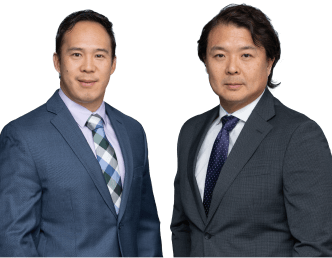
The Other Side Reviews Your Answers
Your attorney will carefully examine your deposition. The defense lawyers will also closely analyze your transcript and video. They will look for statements by you or other plaintiffs that could potentially weaken your case.
Information from the depositions may lead the defense to file motions. If this happens, they may try to have certain testimony excluded at trial if they can argue it is irrelevant, hearsay, or overly prejudicial. Your lawyer can help with these motions.
Do not worry about the other side reviewing your testimony. Your attorney will ensure you are well prepared and will handle any arguments over admissibility. Focus on providing honest testimony, and you should have the best outcome possible.
Further Questioning May Be Needed
In some cases, upon reviewing your deposition, either side’s lawyers may determine they need additional information on certain matters covered. If so, they can petition the court to request a second deposition of you or other parties. This can take extra time, so it is important you are prepared for the delay.
This does not necessarily indicate problems with your original testimony. However, clarifications or more details may be useful before trial. Your attorney can oppose unnecessary follow-up depositions.
If another deposition is required, your lawyer will again thoroughly prepare you to ensure your subsequent testimony aligns with the first. Consistency is vital throughout the discovery process. Your lawyer will keep you up-to-date so you know what is going on through every step, and in case you have to provide anything else.
You are not just a case number – you are our top priority.

Settlement Negotiations May Advance
Reviewing all parties’ depositions often brings a lot to light. This can include details, facts, and perceptions that may encourage both sides to discuss a settlement. This can lead to negotiations gaining traction after months at a standstill.
If the depositions reveal doubts about the defense’s liability case, they may make increased settlement offers to avoid the risks of trial. However, no matter how large an offer seems, never settle without your attorney thoroughly assessing the maximum potential value and advising you. However, in the end, it is your decision.
It is important to realize that meaningful settlement negotiations tend to occur only after depositions are completed. Both sides need the facts and testimony revealed during discovery in order to accurately assess the risks they face and formulate serious, well-supported settlement offers. Expect the discussions to advance significantly after your deposition rather than before.
Expert Witness Depositions Occur
Both the plaintiff and the defense prepare expert witnesses to support their case and deny the other side’s experts. These experts are then deposed by the opposing lawyers in the same way you were. It is standard practice for each side’s experts to undergo depositions.
Your attorney will overthrow the defense experts to discredit them and minimize the impact of their eventual trial testimony. The experts’ depositions can be highly important. Creative questioning during depositions is one of your attorney’s most valuable opportunities.
Vigorously questioning the other side’s experts during depositions can uncover credibility weaknesses, bias, and flaws in their opinions that your lawyer can emphasize at trial. Their whole testimony may be excluded. Overturning experts require particular precision and preparation to obtain testimony beneficial to your case.
A Trial Date Is Set
As all depositions are completed, your lawsuit will move to the final pretrial stage where a trial date is determined and scheduled on the court’s calendar. A trial is set within a few months. The court calendar dictates when a trial slot is available, but usually, it is set reasonably quickly at this stage.
Final motions, exhibit lists, witness lists, jury instructions, and other filings will occur in advance of the trial. Your attorney handles these details. Both legal teams must submit key information, documents, and requests to the court within strict pre-trial deadlines.
After the trial date is set, the pace of litigation intensifies significantly. Both sides have a deadline to meet for thorough preparation for presenting arguments and evidence. Once the trial is booked, both attorneys will make sure they are doing their part to make a solid case.
Moving Forward After Loss with Rightful Compensation
Regardless of the type of wrongful death injury, if the jury returns an unfavorable verdict at trial, do not lose hope. There may still be options such as appeals or requesting a new trial in certain circumstances. Your lawyer will help you through the next step that would benefit you the most.
With persistence and preparation, justice is possible. Working with the right lawyer is vitalContact us for a free consultation to see how we can specifically help you.
We believe that our experience, dedication, and personalized approach set us apart from the rest.



